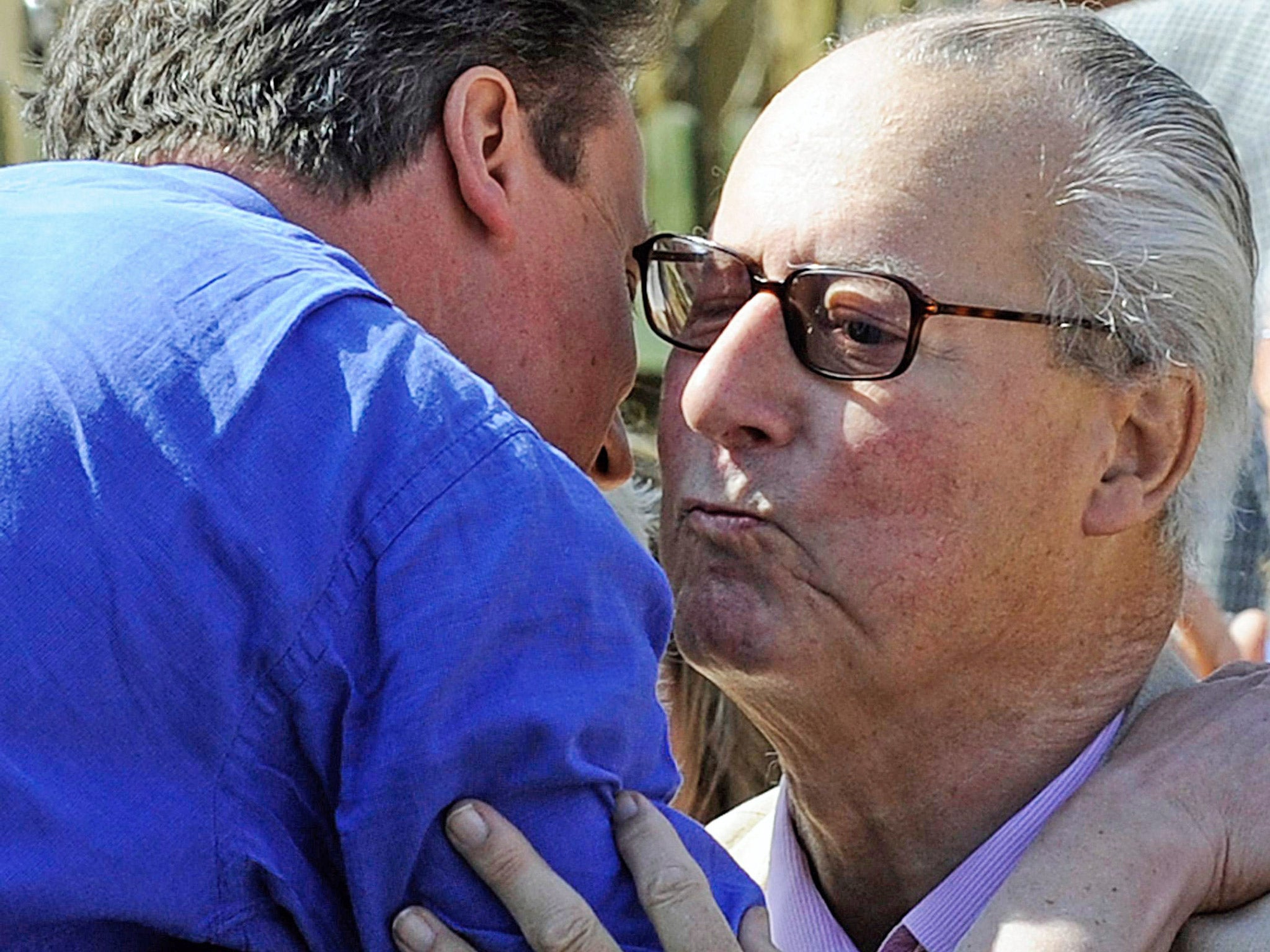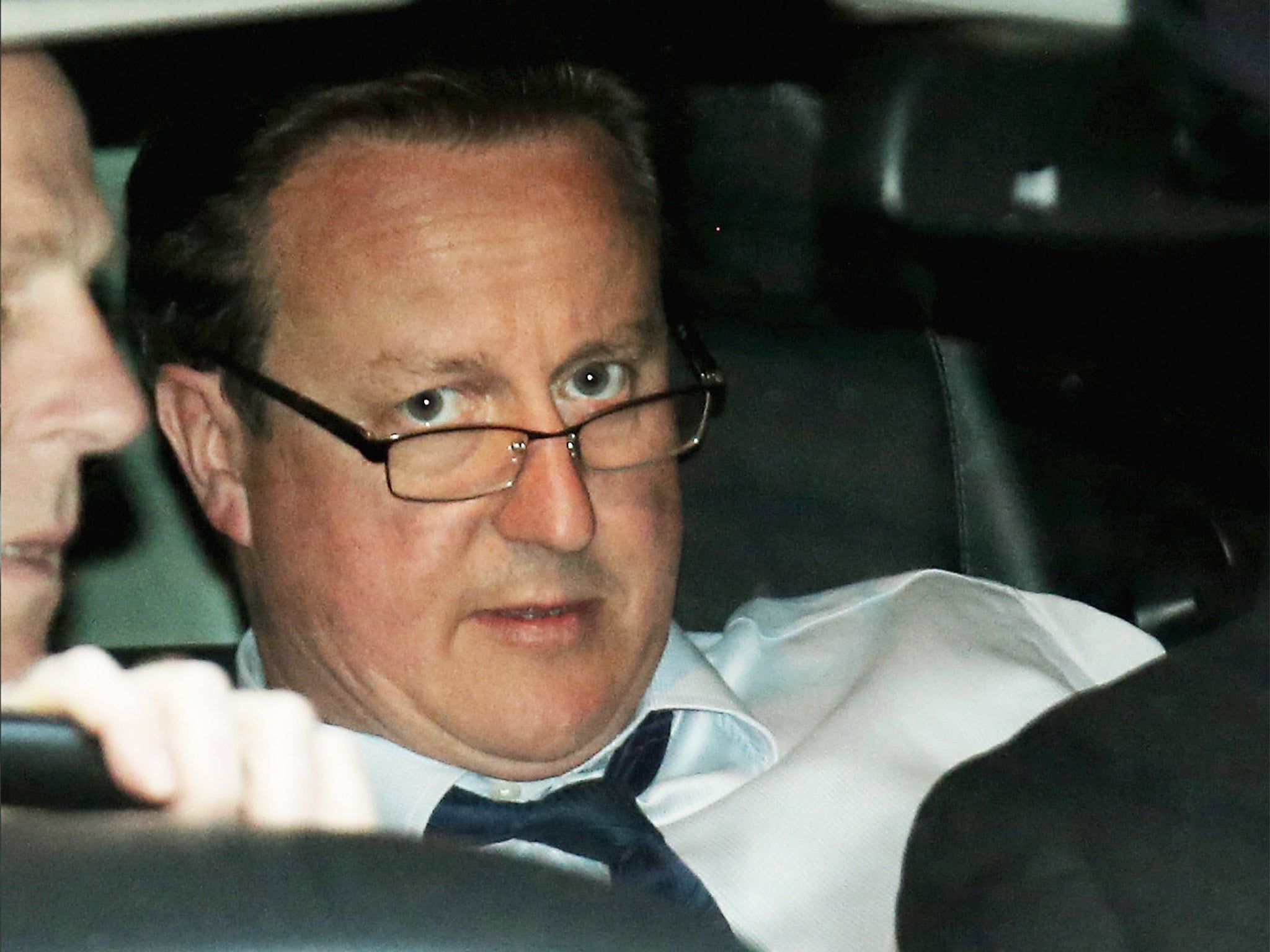Panama Papers: The truth about the Blairmore fund - by the man who exposed it
This week's revelations have thrown up some awkward questions for Prime Minister David Cameron

Your support helps us to tell the story
From reproductive rights to climate change to Big Tech, The Independent is on the ground when the story is developing. Whether it's investigating the financials of Elon Musk's pro-Trump PAC or producing our latest documentary, 'The A Word', which shines a light on the American women fighting for reproductive rights, we know how important it is to parse out the facts from the messaging.
At such a critical moment in US history, we need reporters on the ground. Your donation allows us to keep sending journalists to speak to both sides of the story.
The Independent is trusted by Americans across the entire political spectrum. And unlike many other quality news outlets, we choose not to lock Americans out of our reporting and analysis with paywalls. We believe quality journalism should be available to everyone, paid for by those who can afford it.
Your support makes all the difference.These facts are awkward for the Prime Minister: In the early 1980s his father Ian helped to establish an offshore fund, unabashedly named ‘Blairmore’ after the family’s ancestral family home in Aberdeenshire, which avoided ever having to pay tax in Britain.
According to some party loyalists, simply referring to them is tantamount to “using Cameron’s dad to attack him”. And in the years that followed my first reporting of the story in 2012, No.10 spokespeople have maintained that these facts are “private” while Tory Chairman, Grant Shapps insinuated that they were a smear and expressed surprise that such a cruel story didn’t provoke more ‘outrage’.
Mr Shapps has since resigned. And facts remain facts. Only now, of course, we know a few more because, in 2015, Channel 4 News reporters discovered that Ian Cameron did not just run a fund off-shore but held personal wealth off-shore – they found the grant of probate showing that he left assets worth more than £10,000 in Jersey (how much more we still don’t know).
And, this week, the Panama Papers have revealed that, in common with a network of international tax-avoiders, the Blairmore Holdings fund relied on offshore agents Mossack Fonseca as well as locals in the Bahamas, to arrange and sign its paperwork. So questions about Ian Cameron’s legacy have resurfaced.
Downing Street maintains that all this is “a personal family matter” but, had I agreed, I never would have written the story in 2012. My aim then was not to smear the Prime Minister nor to traduce his dead father, but to report matters which are neither private nor personal but on official records. After all, Ian Cameron’s name appears in the company registers of Panama and Switzerland precisely because he assumed legally-responsible business positions in those territories while his legacy is laid out in probate records in the UK and Jersey because that’s where his money was left.

Nothing of this is illegal. The Prime Minister was not responsible for these decisions and confirmed on Tuesday that neither he nor his wife and children benefit from off-shore funds. I never alleged he did. These facts are awkward because they raise questions for a Prime Minister who has staked his reputation on tackling tax avoidance; who used his G8 speech in 2013 to argue for international transparency and said, “It matters because some people use complicated and fake structures to hide their profits and avoid their taxes”; who banned “bearer shares” – which allow the anonymous transfer of assets and opened up UK Companies House; who employs a man as his Chancellor who calls tax avoidance “morally repugnant” and whose office, in the light of the Panama Papers, issues a standard line which states that David Cameron is determined “to take action to tackle evasion and aggressive tax avoidance”.
Transparency, however, requires disclosure. Ian Cameron was obviously a successful father and by all accounts a decent and popular man but he took a different view on tax and made no secret of it in the context of Blairmore. He was the fund’s highest-paid director and is identified in a prospectus issued to wealthy investors which boasted that “the Fund will not be subject to United Kingdom corporation tax or income tax on its profits”.
That prospectus was printed and distributed in 2006, following David Cameron’s election as leader of the Conservative Party. So an awkward question: was David Cameron aware of the prospectus? And another: what knowledge does the Prime Minister have of his family’s off-shore interests? And if these questions will not be answered by Downing Street, there’s another: how does the Prime Minister reconcile his own approach to tax with that of his father?
And that question is most important because it’s a microcosm of an honest debate Britain should have about tax and foreign ownership.
Since the demise of exchange controls in the 1980s, off-shore structures have bloomed in Britain and Blairmore is only one example. The Panama Papers show the trend in raw numbers: of the 14,000 banks, law firms, and company incorporators that worked with Mossack Fonseca off-shore, nearly 2,000 operated here. Crown dependencies are some of the most popular off-shore shelters. Even our own property has become a home for foreign investment – more than 100,000 titles are owned off-shore. Far from leading the field on tackling tax avoidance, it sometimes looks like we have spent decades building a highly-skilled economy which actually enables the havens. So how do we reconcile that legacy and the profit it created with our desire for wealthy people and huge corporations to pay fair tax?
That’s the real question and the fact that it’s awkward shouldn’t put us off. The Panama Papers will not be the last leak.
Join our commenting forum
Join thought-provoking conversations, follow other Independent readers and see their replies
Comments